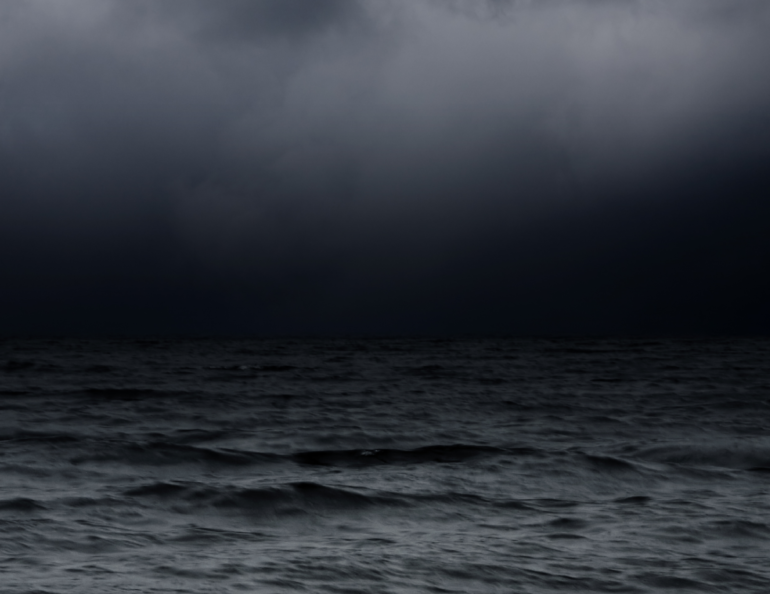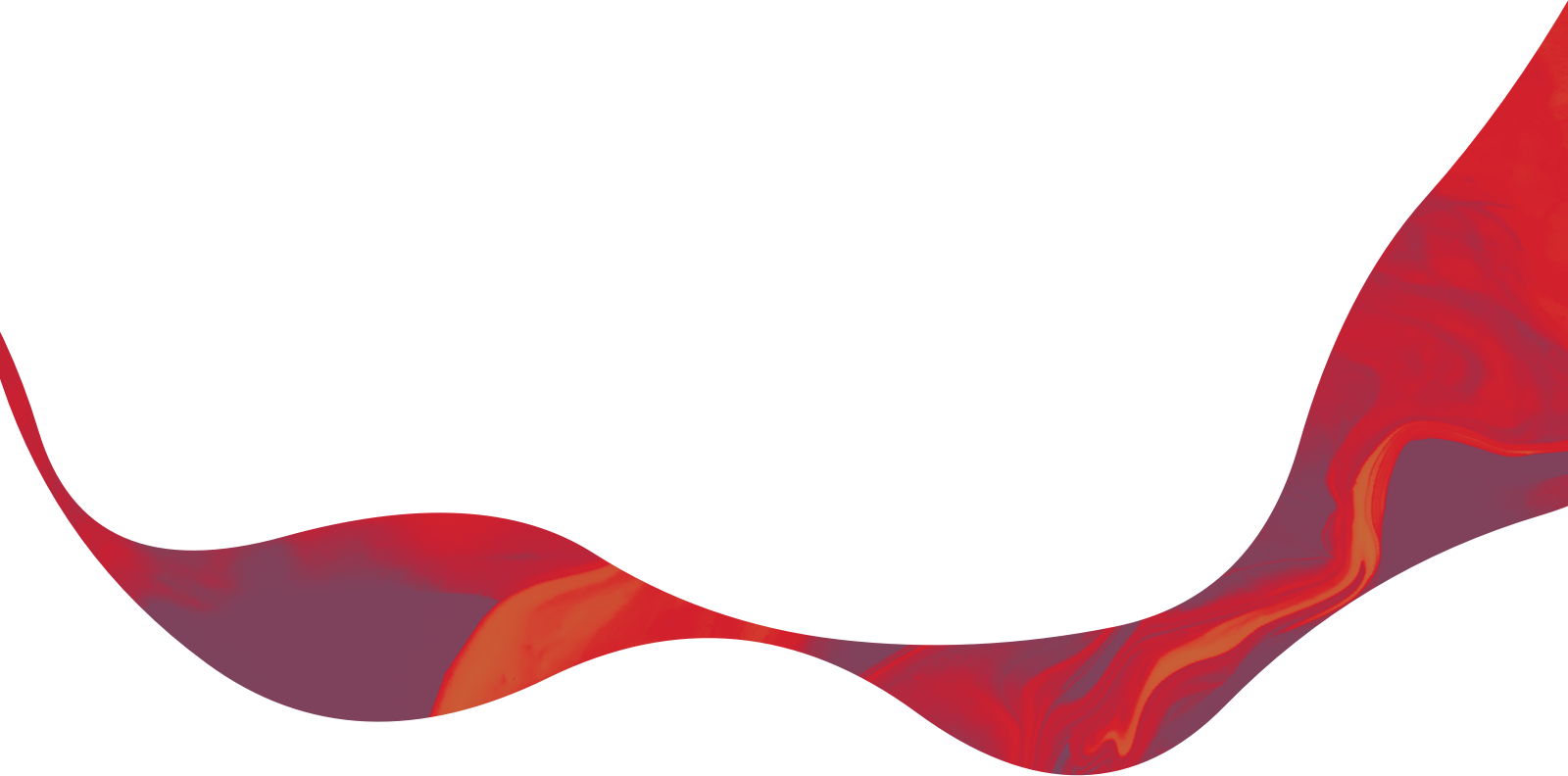Tickets
-
19
Jan
2019
—
Sat 7:30 pm
Orpheum
19 Jan 2019 —
Sat 7:30 pm
Orpheum
Emily Doolittle
Reedbird (World Premiere Commission)
Jan Sandström
Ocean Child
John Luther Adams
Become Ocean
THIS PERFORMANCE IS A PART OF THE VSO NEW MUSIC FESTIVAL
Tonight’s program features music enspired by our environment. There is music that makes use of natural sounds, and music that is a human response to the natural world, at times joyful, exploratory, awed, watchful, and even protective. Emily Doolittle’s Reedbird draws on the songs of bobolinks, developed in both human and avian fashion; Jan Sandström’s Ocean Child captures his young daughter’s thrilled response to the undersea world. and John Luther Adams’ massive Become Ocean cautions us not to take our natural world for granted, while reveling in its majesty.
EMILY DOOLITTLE – Reedbird
(b. October 16, 1972 Halifax, Nova Scotia)
Nova Scotia-born, Glasgow-based composer Emily Doolittle’s music has been described as “eloquent and effective” (The WholeNote), “masterful” (Musical Toronto), and “the piece that grabbed me by the heart” (The WholeNote). Recent activities include performances of her chamber opera Jan Tait and the Bear by Ensemble Thing at the Edinburgh Festival Fringe, the premiere of Woodwings by the Halifax-based Fifth Wind Quintet, and the release of her CD all spring on the Composers Concordance label. She is currently an Athenaeum Research Fellow at the Royal Conservatoire of Scotland.
The bobolink, also known as a “reedbird,” is a small New World blackbird found across North America. Its song is fast, bubbly, and metallic, and could perhaps be described as sounding like an old-fashioned modem. Heard live, the song is too fast for human listeners to appreciate its complexity, but when slowed we can hear that it is rich in overtones, with the intervals thirds and fourths, as well as triads, jumping out prominently. The frequent appearance of consonant intervals and triads, combined with the repetition, variation, and development of motif-like “elements”, makes parts of the song sound like fleeting bits of human music. However, the way the bird combines the intervals and triads, the way it juxtaposes motifs, and the structure of the song, is very unlike most human music.
Each movement of Reedbird is based on a direct transcription of a slowed-down bobolink song. I’ve expanded each in a way that draws on both human and bobolink developmental techniques. Of course the timbre of orchestral winds is quite different than that of the bobolink, and the transcriptions are about one eighth the speed of the original song. But I like to imagine that if Reedbird were sped up to bobolink speed, the bobolink, too, might find that it sounded somewhat familiar and somewhat strange. https://emilydoolittle.com/
JAN SANDSTRÖM – Ocean Child
(b. January 25, 1954, Vilhelmina, Västerbotten County, Sweden)
Jan Sandström grew up in Stockholm, and studied theory and composition with renowned composers Brian Ferneyhough and Pär Lindgren, among others. Over the course of his career he has explored numerous compositional styles. In his early work he frequently used spectral techniques, sometimes serialism. His later compositions are more child-like, naïve, optimistic and joyful, encompassing genres of music drama, opera, theatre, and film. Among Sandström’s most popular works are a gorgeous slow-motion arrangement of Praetorius’ Es ist ein Ros’ entsprungen, and the effervescent “Motorbike” concerto for trombone and orchestra.
Written after watching his young daughter explore the ocean for the first time, Sandström describes Ocean Child as “a tribute to life, to curiosity and childishness” and “the eternal force of creativity.” Ocean Child is full of excitement, building from a high, energetic solo clarinet melody with a sustained string undercurrent to sweeping washes of brass, fast rising gestures in the winds and strings, and crashing percussion. Surprisingly, near the midpoint of/midway through the work there is a sustained stretch of great calm and serenity, a pause seemingly to wonder at the beauty around us, before tension builds once again. http://www.jansandstrom.com/
JOHN LUTHER ADAMS – Become Ocean
(b. January 23, 1953, Meridian, MS, USA) bio. http://johnlutheradams.net/
Grammy and Pulitzer Prize-winning composer John Luther Adams describes himself as “a composer whose life and work are deeply rooted in the natural world.” He doesn’t use these words lightly – although he studied music composition with James Tenney at CalArts, he spent much of the 1970s and 80 working full time as an environmentalist; he was one of many who worked to pass the groundbreaking 1980 Alaska National Interest Lands Conservation Act, which more than doubled the size of the USA National Park System.
While Adams’ music is strongly influenced by the environmental concerns and his love of nature, he believes that “more often political art fails as politics, and all too often it fails as art,” – his music makes us think about the world we live in, but doesn’t demand that we tow a particular political line.
Become Ocean is like nothing else you’ve ever heard. Made up not of melody, harmony, nor even rhythm, but of waves of immense, pulsing, roiling energy, it is more ocean-like than I would’ve believed an orchestral piece could be. Over its 42 minutes, the soundscape of Become Ocean is continuous, though it ebbs and swells constantly, and the unusual spatialization of the orchestra reveals the waves of sound as they move through space. Adams, as always focussing our attention while not forcing any conclusions, had this to say: “Life on this earth first emerged from the sea. And as the polar ice melts and sea level rises, we humans find ourselves facing the prospect that once again we may quite literally become ocean.” http://johnlutheradams.net/
Come early at 6.30pm for a panel featuring the artists, and join us after the concert for drinks and discussions in the Westcoast Energy Hall, with vibe supplied by DJ Michael Red.

Otto Tausk
VSO Music Director

Otto Tausk VSO Music Director


